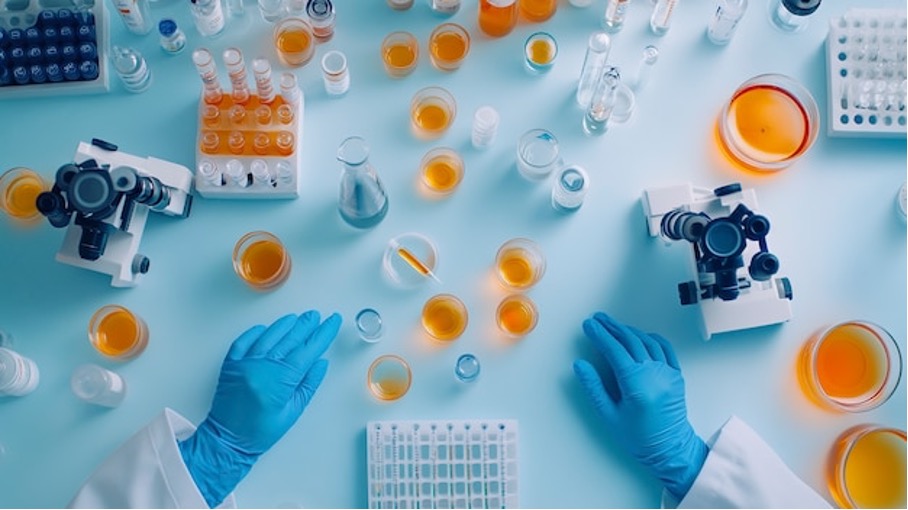New Method Reduces Drug Discovery Time from Years to Months

Researchers from the University of Cincinnati College of Medicine and Cincinnati Children's Hospital have developed a new method that could significantly increase both the speed and success rates of drug discovery. With this method, the lengthy drug discovery process, which typically takes years, could be reduced to just a few months.
In their study, the researchers combined two approaches to screen for potential new drugs. First, they used the Library of Integrated Network-Based Cellular Signatures (LINCS) database to screen tens of thousands of small molecules for potential therapeutic effects. They then combined this with targeted docking simulations, which model the interaction between small molecules and protein targets to identify promising compounds. This approach dramatically reduced the timeline, allowing researchers to complete the initial screening—previously requiring weeks—in just half a day.
Beyond speed, the new method proved to be more effective at identifying potentially powerful compounds. In addition to accelerating drug discovery, the approach could contribute to precision medicine by developing more targeted treatment options, considering genetic, environmental, and lifestyle differences. Furthermore, this accelerated process could be a game-changer in responding to public health crises like the COVID-19 pandemic.
Reference: Thorman, A. W., et al. (2024) Accelerating drug discovery and repurposing by combining transcriptional signature connectivity with docking. Science Advances.
